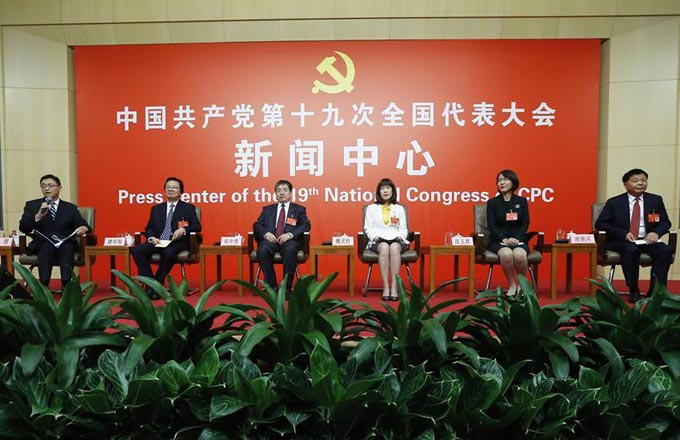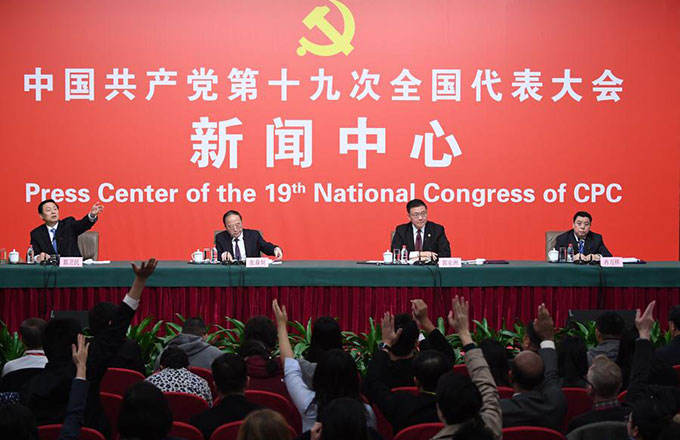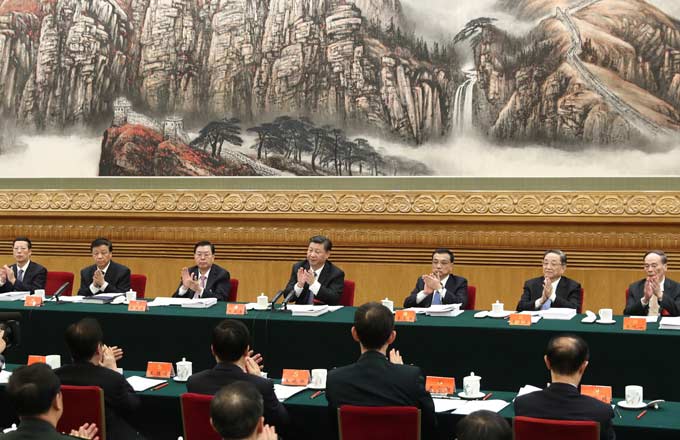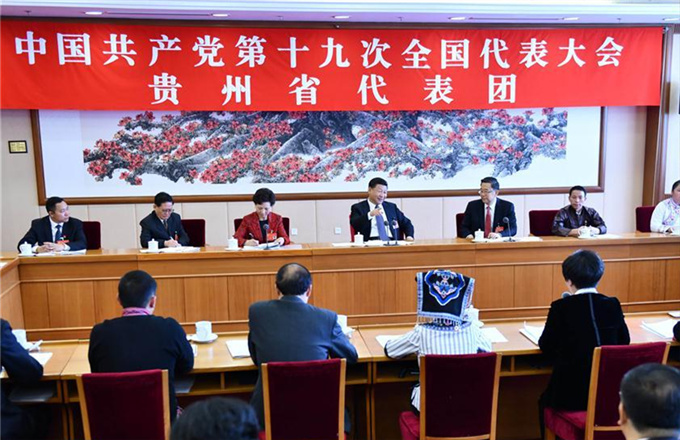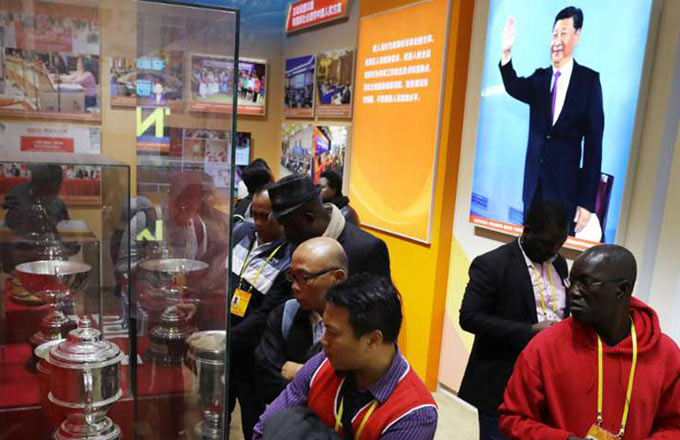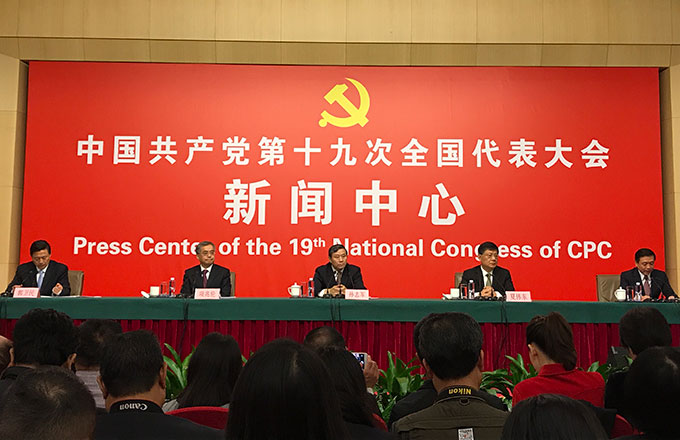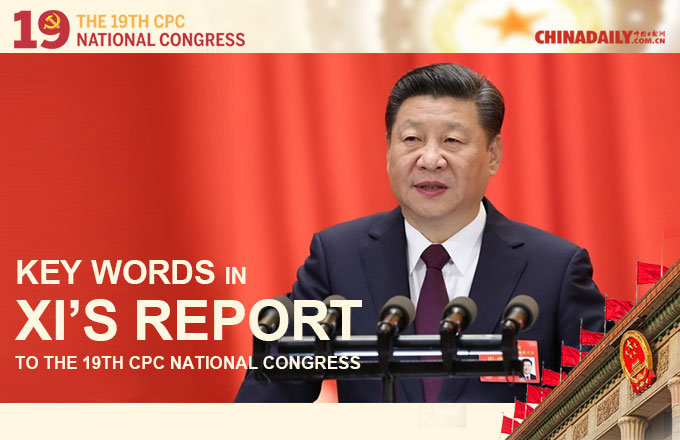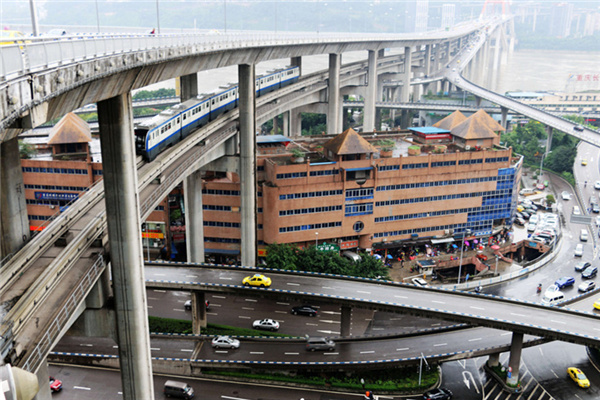Innovation found everywhere
As a Shanghai-based business reporter, I was thrilled to be asked to cover the 19th CPC National Congress in Beijing. Given the paramount importance of economic affairs these days, nothing could be a no-no for a business journalist. And so, to get going, I aimed to be the early bird. I need not have felt stressed because life in digital-savvy China tends to be a breeze. Let me share my story - you'll likely agree with me.
It took me just two minutes - yes! - to book a train ticket from Shanghai to Beijing using an app and paying with Alipay, the popular mobile wallet. The bullet train transported me to the national capital 1,318 kilometers away in just four and a half hours.
On arrival, my Chanel still smelled fresh - maybe because my outfit wasn't thick. (I forgot to stuff winter wear into my baggage in my initial rush.)
No worries. A few taps on the smartphone is all it took to buy the coat I've been eyeing online for a while. It materialized the next day, delivered to my office within 24 hours. I happily carried the parcel to my hotel riding a shared bike.

I began to realize that China's four great inventions - online shopping, high-speed trains, Alipay and the shared bikes - exemplify technological innovation not for some out-of-this-world achievements, but to make life easier for ordinary residents.
It's not hard to see that the anchor, or the substratum, on which China has progressed so rapidly is the Party and the government. Their bold steps mean the so-called new economy, which isn't necessarily investment-led or labor-intensive but innovation-driven, will chip in as much as 12 percent to this year's GDP, according to a research report.
Internet-based companies such as Alibaba and Tencent have shown the world how technology can be harnessed to enrich, enchant, entertain and empower a society. In the process, they created jobs, streamlined administrations and bolstered the real economy.
For instance, Alibaba now reaches China's rural areas, including poverty-stricken pockets, where farmers peddle their produce through e-commerce platforms that exploit big data, artificial intelligence and virtual reality.
Thanks to Alibaba's platforms, sales in the rural regions were 29.2 billion yuan ($4.41 billion) last year. And 33 million people have lifted themselves out of poverty by becoming self-employed, in line with the broad national goals outlined by General Secretary Xi Jinping.
Tech firms are answering the Party's call to safeguard the environment by adopting greener practices. For instance, courier company Cainiao promotes e-receipts, reducing the need for paper, and its warehouses use recyclable and biodegradable materials for packaging. Similarly, e-commerce major JD.com uses drones to deliver goods to far-flung areas.
Encouraged by access to new technologies, even social and civic bodies are offering real-time app-based services that cover traffic fines, marriage preregistration, remote medical diagnosis, utility bill payments, income tax filings and doctor appointments.
China's manufacturing sector has embraced cloud computing and AI, giving initiatives such as Made in China 2025 real meaning. Major cloud operators are building industrial big data platforms for Chinese manufacturers that can connect their facilities globally. Using predictive analysis, such platforms can detect, avert or tackle glitches in real time, improving efficiency.
As a reporter, I'm glad to witness all this and to be here in Beijing as a new era is unveiled.




